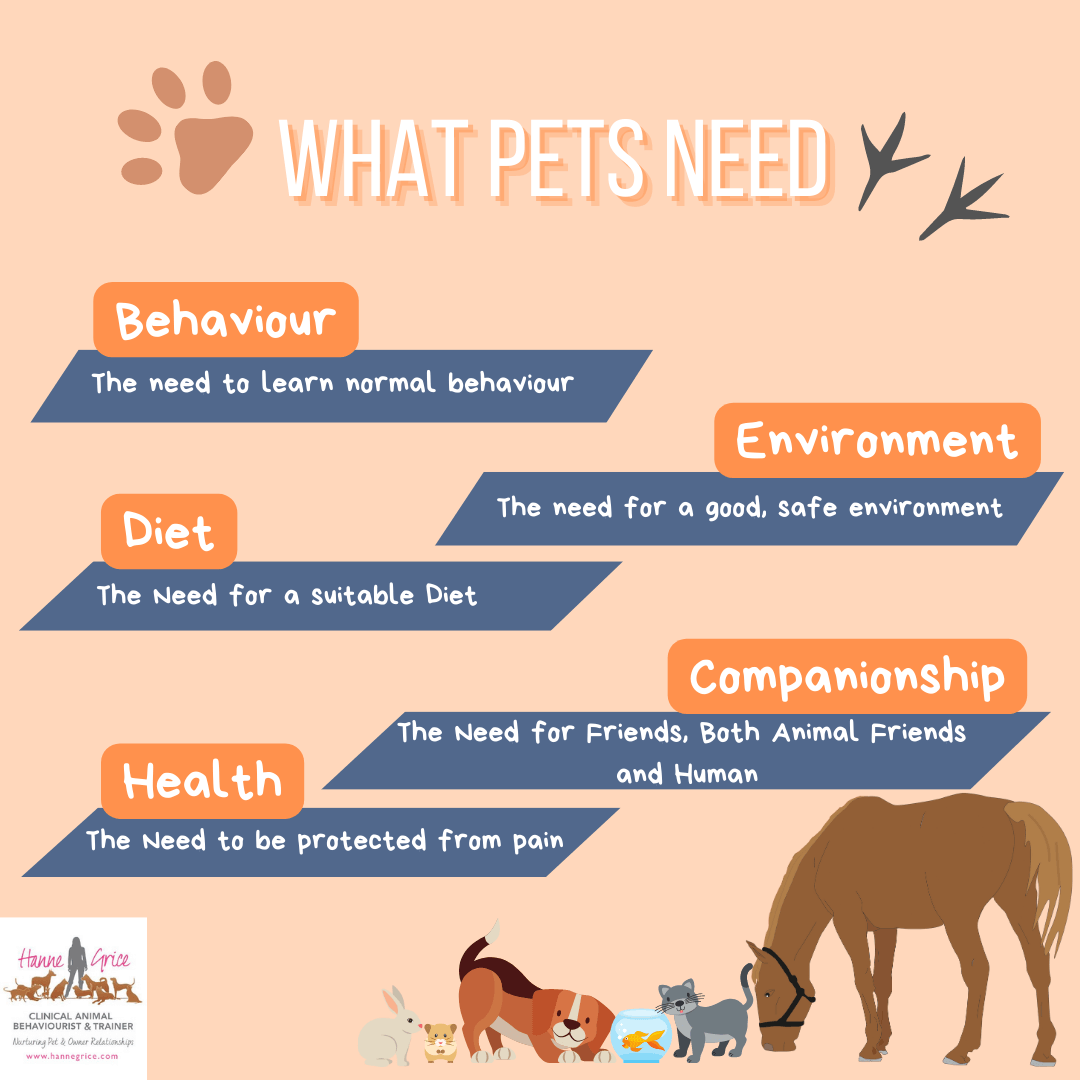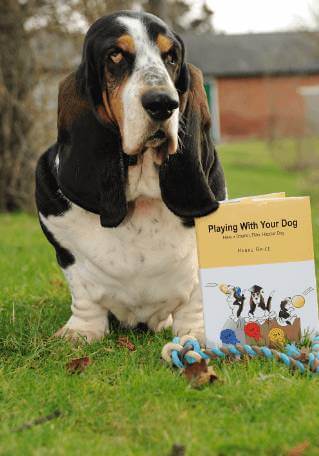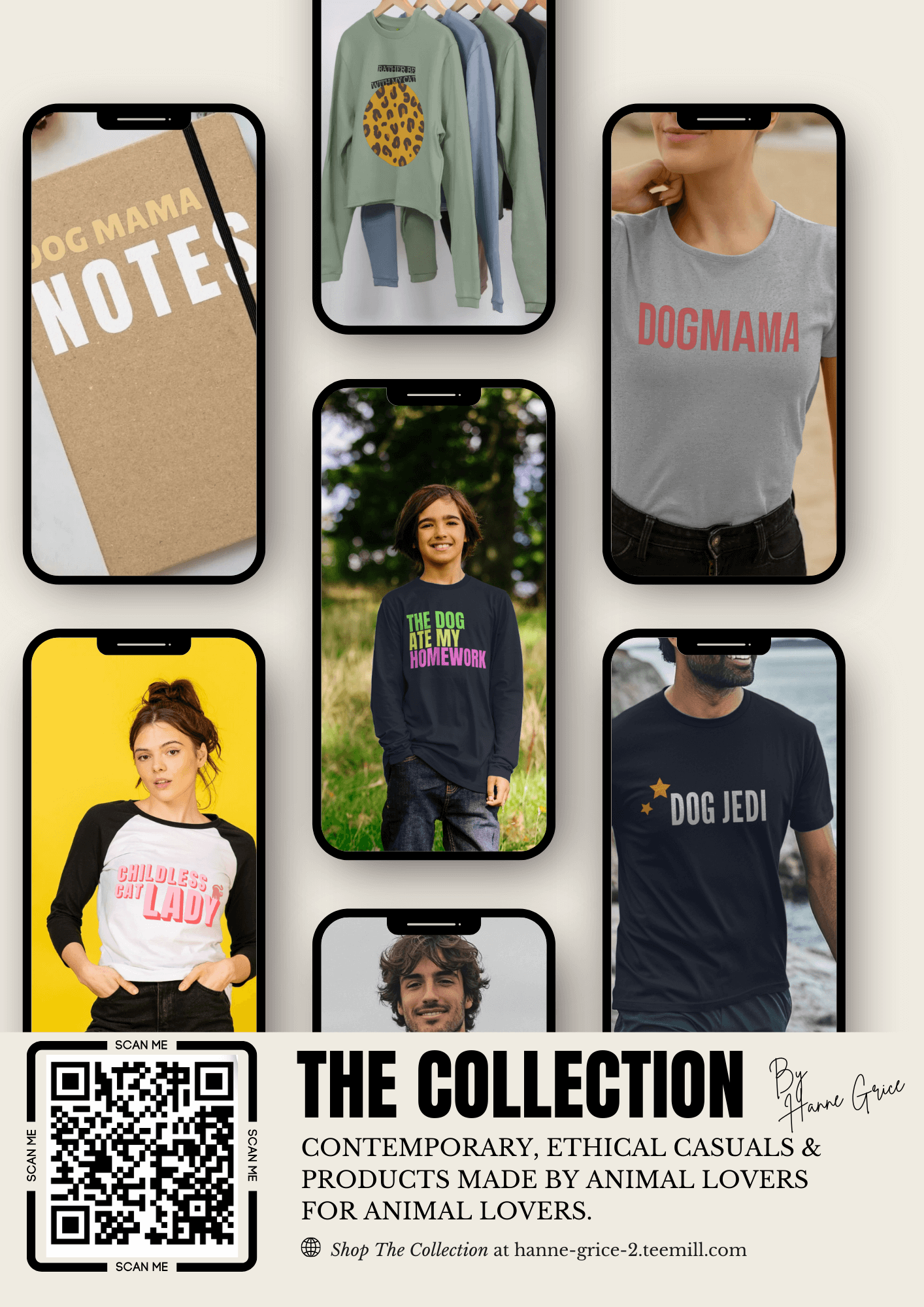Pets rely on us to look after them, so it is a big responsibility to care for animals. It is important that a pet has an understanding owner who not only makes sure they get all the things they need to be healthy, but also makes sure they do things that make them happy too. What sets a good owner apart from an awesome one, is having a thorough understanding of what motivates our animals, how they learn, and how our interactions with them can make or break that pet-owner bond.
If our pets are unsafe then we’re not protecting them, and if they are bored then we’re not giving them fun things to keep them entertained or providing the appropiate level of exercise, to enable suitable behaviours to be practiced. Consequently, this may result in problems such as destruction within the home, counter-surfing, increased vocalisations, grabbing/jumping up/snapping, pacing/circling, tail-chasing, and more.
If our pets are in a draft (too cold), or too hot then their homes and environment are not right, and if our pets are lonely then we’re not giving them any company. Again, this can all lead to undesirable problems occurring.
All pets have basic needs and below is an infographic that illustrates these basic five needs. Consider if your pet has all their basic needs met, and what more can be done to help our pets be safe, healthy and happy.

The five basic welfare needs
The five welfare needs are what every pet needs to live a healthy life in a happy home. We have a duty of care to each and every pet we look after to deliver upon these things. This includes not only what they eat, where they live, but who they live with. For example, if they are a species that needs social interaction with others of the same species, such as rabbits and horses, then we must provide company. However, some animals prefer being alone, such as Syrian hamsters, so to mix them with others would likely cause fighting. Yet many animals like hamsters, cats and dogs really enjoy the company of humans, so we need to ensure we are readily available and can provide regular positive human-animal interactions.
Consequently, this also includes being aware that the way we train and interact day-to-day with our pets can either enhance our bond, such as using positive reinforcement-based methods and excellent management, or may cause a breakdown in the pet-owner relationship where we may unwittingly or, in some cases deliberately, instil fear or increase anxiety by using ‘traditional’ handling methods (e.g. letting them ‘cry it out’, throwing down or rattling a chain at the pet, time-outs, spraying them with water, shocking them, yelling at, or scruffing them), because a well-meaning friend, neighbour, or ‘expert’ may have suggested such a technique is a way to tackle a problem behaviour.
If you have any questions about your pet’s needs, please do contact your veterinary surgeon. And, if you have a training or behaviour need then do get in touch. Alternatively, check out the list of registered practitioners under the Animal Behaviour and Training Council’s website at www.abtc.org.uk to find a practitioner in your area.
Learn more about our classes

Get Hanne's book, clothing and more
Hanne has a number of publications including her book Playing With Your Dog to help owners work out the games that are best suited for their pet to play throughout his life, from puppyhood to old age, available from Amazon. Check out Hanne's range of contemporary casuals The Collection – for pet lovers made from recyclable, organic materials that are sustainably sourced.

